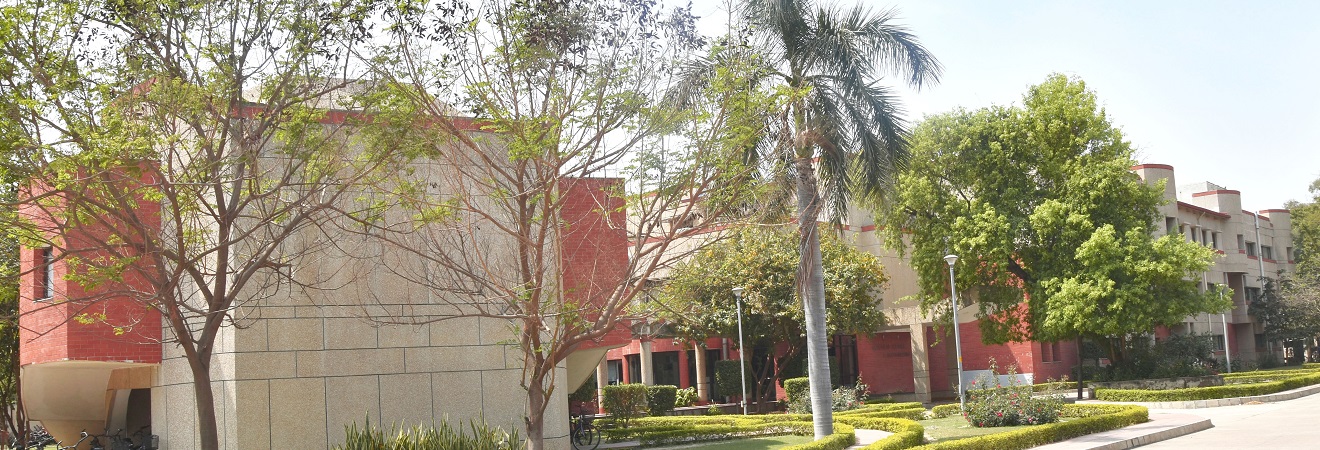 Saravanan Matheshwaran, Associate Professor
Saravanan Matheshwaran, Associate Professor
This email address is being protected from spambots. You need JavaScript enabled to view it.
(91) 512-259-4066
(91) 512-259-4010
Link to Lab Webpage
Dr. Saravanan Matheshwaran is an Associate Professor at the Department of Biological Sciences and Bioengineering, IIT Kanpur, where he leads a dynamic research group focused on microbiology, molecular biology, and biochemistry, to understand the emergence and mitigation of Antimicrobial Resistance (AMR). His groundbreaking doctoral research at IISc Bangalore on Klebsiella pneumoniae nuclease (KpnI) identified the HNH motif in restriction enzymes (REases), leading to the development of a high-fidelity version of KpnI, now widely distributed by New England Biolabs (NEB) and protected by a U.S. patent. This work has had a significant impact on molecular cloning and genetic research.
Dr. Matheshwaran’s postdoctoral work at Cancer Research UK and EMBL Heidelberg, supported by prestigious EMBO and Marie Curie fellowships, expanded his expertise in chromatin biology, structural biochemistry, and chromosome dynamics. His research at IIT Kanpur focuses on stress biology, antimicrobial resistance, and the bacterial SOS response—a DNA repair mechanism that contributes to drug resistance. His lab aims to uncover novel therapeutic targets for pathogens like Mycobacterium tuberculosis and Acinetobacter baumannii. Dr. Matheshwaran’s interdisciplinary collaborations with chemists and physicists have led to patented small molecules for disease treatment. His teaching spans a broad array of subjects, including Microbiology, Immunology, and Molecular Biology, integrating cutting-edge research with core concepts to provide students with a comprehensive understanding of biological sciences. His work has earned him numerous awards, including the INSA Young Scientist Award and the DBT-Innovative Young Biotechnologist Award.

